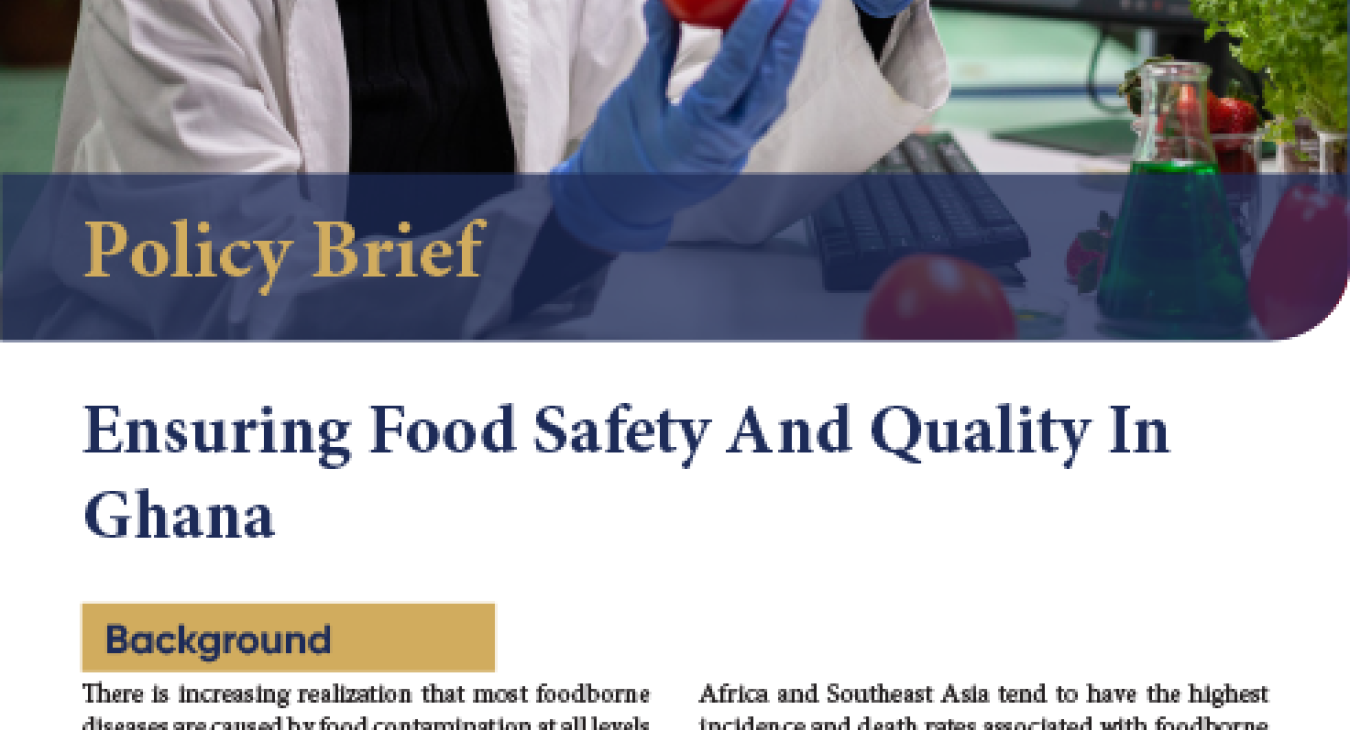There is increasing realization that most foodborne diseases are caused by food contamination at all levels of food chains, from production to consumption. It is necessary, therefore, that food produced should be safe and nutritious to meet people’s dietary needs and food preferences for active and heathy lives (SDG2). For food to be safe it must be free of substances that might be harmful to a person’s health. Food quality refers to characteristics that determine the value of food, particularly its nutritional value, and/or acceptability to consumers. According to the World Health Organization (WHO), about 600 million people in the world fall ill each year from consuming contaminated food and about 420,000 people from this number die each year. Africa and Southeast Asia tend to have the highest incidence and death rates associated with foodborne diseases. Food contamination can result in kidney and liver failure, brain and neural disorders, as well as some non-communicable diseases such as cancer. It can also adversely affect reproductive health and the immune system. There are serious food safety challenges in Ghana, including unsafe use of agrochemicals, use of banned chemicals, unsanitary food handling, poor food storage practices, and use of dangerous additives in foods. Food safety is also compromised by the use of chemicals to hasten the ripening of fruits, and misuse of insecticides and fungicides on vegetables, which can lead to antimicrobial resistance (AMR). Despite the fact that these challenges are well-known, food safety and quality issues have received very little attention in Ghana and many other African countries. The purpose of this policy brief is to present an analysis of prevailing situations that hinder the promotion of food safety and quality in Ghana and to propose effective actionable interventions to address the problem.
Policy Brief

